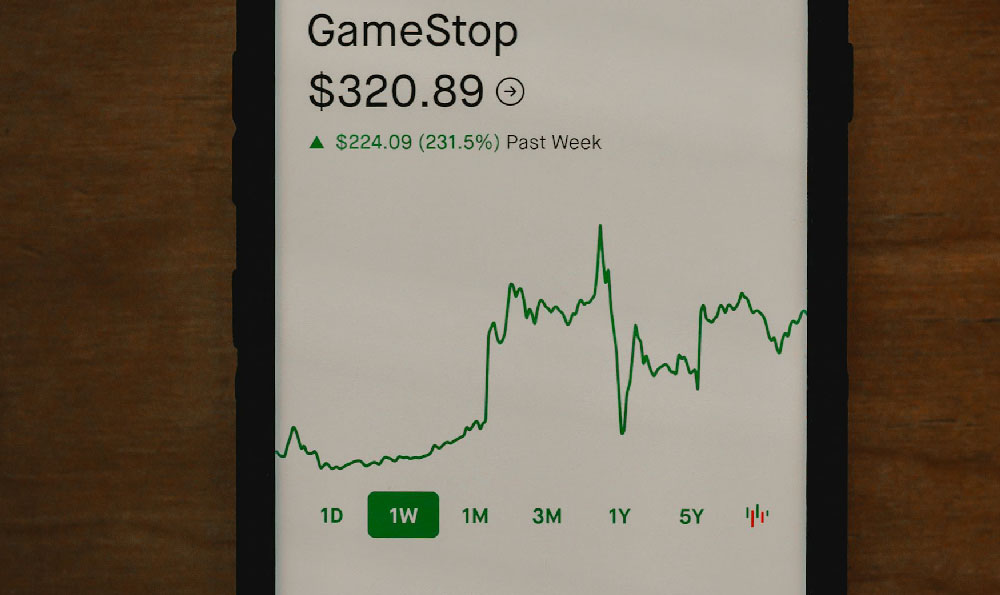Navigating the intersection of unemployment benefits and part-time employment can be a complex and often confusing situation. Understanding the rules and regulations surrounding this scenario is crucial for anyone seeking to supplement their income while receiving unemployment assistance. The answer to whether you can work part-time while collecting unemployment benefits is, generally, yes, but with significant caveats that vary depending on your location and the specific terms of your unemployment program.
Most unemployment systems are designed to provide temporary financial assistance to individuals who are actively seeking full-time employment. The core principle revolves around replacing a portion of lost wages while you search for a new job. Therefore, earning some income through part-time work doesn't automatically disqualify you from receiving benefits. However, it almost certainly will reduce the amount of those benefits.
The determining factor lies in how much you earn from your part-time job. Unemployment agencies typically have a threshold, often expressed as a percentage of your weekly benefit amount or a specific dollar amount, that you can earn without completely losing your benefits. For instance, many states allow you to earn a certain percentage of your weekly benefit amount – say, 25% or 50% – before reducing your unemployment payment. Exceeding that threshold will result in a reduction of your benefits, and earning significantly more might even disqualify you altogether.

To illustrate, let's consider a hypothetical scenario. Suppose you are receiving $400 per week in unemployment benefits. Your state might allow you to earn up to $100 (25% of your benefit amount) without impacting your unemployment payment. If you earn $75 in a given week, you would likely still receive the full $400 in unemployment. However, if you earn $150, your unemployment benefit would be reduced by the difference, potentially leaving you with $250. If you consistently earn significantly more than your weekly benefit amount, you might no longer be eligible.
Transparency is paramount. It is imperative to report all earnings from part-time work to the unemployment agency. Failing to do so constitutes fraud, which can lead to severe penalties, including repayment of benefits, fines, and even legal prosecution. The unemployment agency uses various methods to verify income, including cross-referencing with employer records and tax filings. Honesty and accurate reporting are non-negotiable.
When reporting your earnings, you will typically be asked to provide information about the hours you worked and the gross wages you received. The unemployment agency will then use this information to calculate your reduced benefit amount, if applicable. Keep meticulous records of your work hours and pay stubs to ensure accurate reporting and to facilitate any potential audits or discrepancies.
Another crucial consideration is the "availability for work" requirement. To remain eligible for unemployment benefits, you must generally be actively seeking full-time employment and available to accept a suitable job offer. Working part-time can raise questions about your availability, particularly if your part-time job takes up a significant amount of your time or restricts your ability to attend job interviews or accept full-time positions. Be prepared to demonstrate that your part-time work does not hinder your job search efforts. Document your job applications, networking activities, and other efforts to secure full-time employment.
Furthermore, the nature of your part-time work can impact your eligibility. If your part-time job is with your former employer, it may affect your benefits differently than if it's with a new employer. Some states have specific rules regarding recall to work, where your former employer offers you part-time work. In such cases, your unemployment benefits may be adjusted based on the hours and wages offered, even if you decline the part-time work.
It's also worth noting that temporary or gig work, such as driving for a ride-sharing service or completing tasks on a freelance platform, is still considered employment and must be reported. The income earned from these activities is subject to the same rules and regulations as any other part-time job.
The rules surrounding unemployment benefits and part-time work can be complex and vary significantly from state to state. It is highly recommended that you consult the specific guidelines and regulations of your state's unemployment agency. Most agencies have websites with detailed information, FAQs, and contact information for assistance. You can also consider seeking advice from a qualified employment law attorney or a financial advisor who specializes in unemployment benefits.
Beyond the legal and regulatory aspects, there are strategic considerations to keep in mind. While supplementing your income with part-time work can provide financial relief during unemployment, it's crucial to strike a balance between earning income and dedicating sufficient time and effort to your job search. Evaluate the impact of your part-time work on your job search effectiveness and adjust your strategy accordingly. Remember that the primary goal is to secure full-time employment, and your part-time work should support, not hinder, that objective.
Finally, remember that unemployment benefits are a temporary safety net, not a long-term solution. While part-time work can help bridge the gap, focus on developing your skills, networking, and actively pursuing full-time job opportunities. Proactive career planning and diligent job searching will ultimately lead to greater financial stability and long-term career success. Utilize the resources available to you, such as unemployment agency job search assistance programs, career counseling services, and online learning platforms, to enhance your skills and improve your job prospects.












